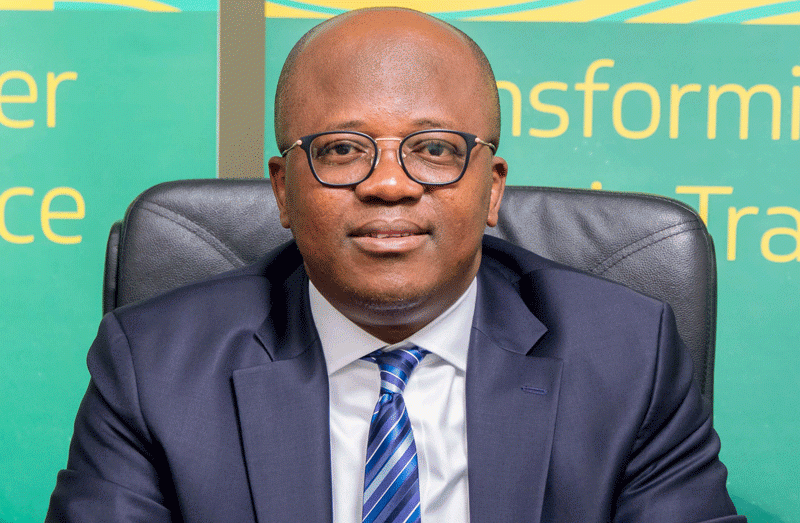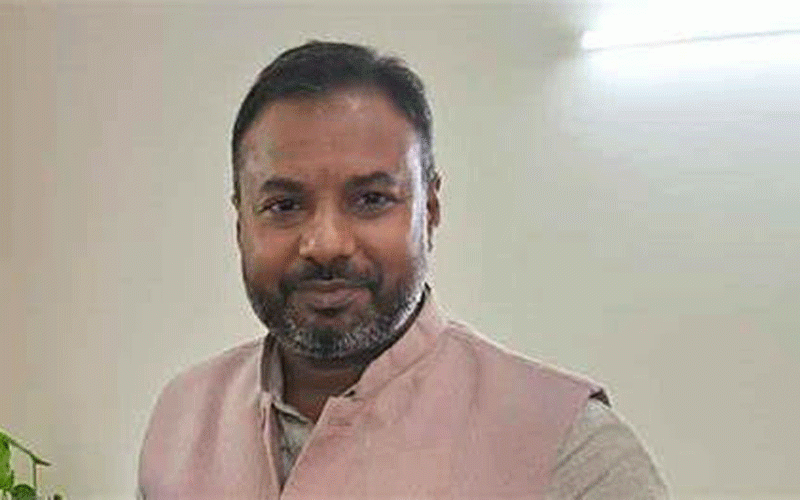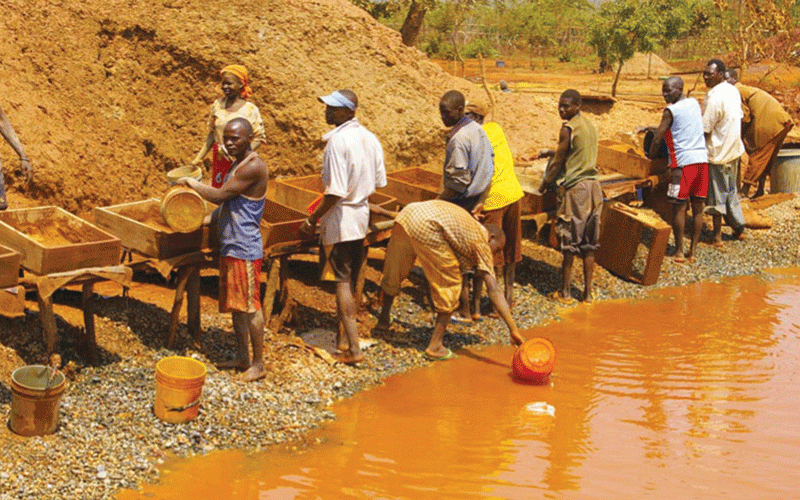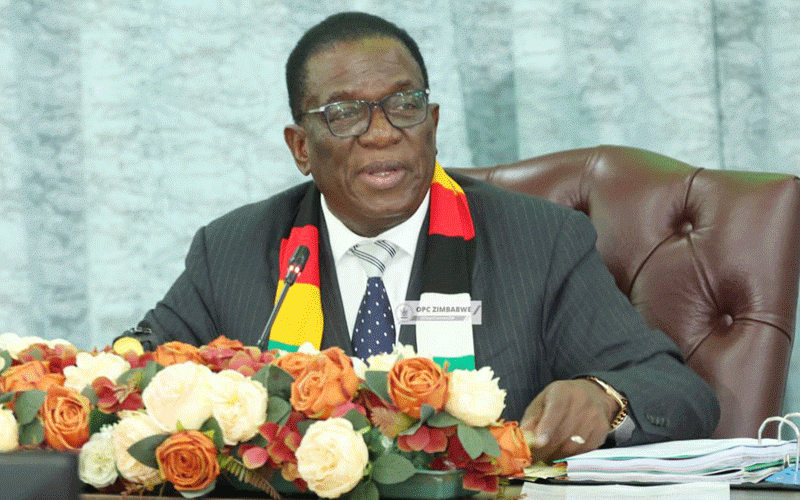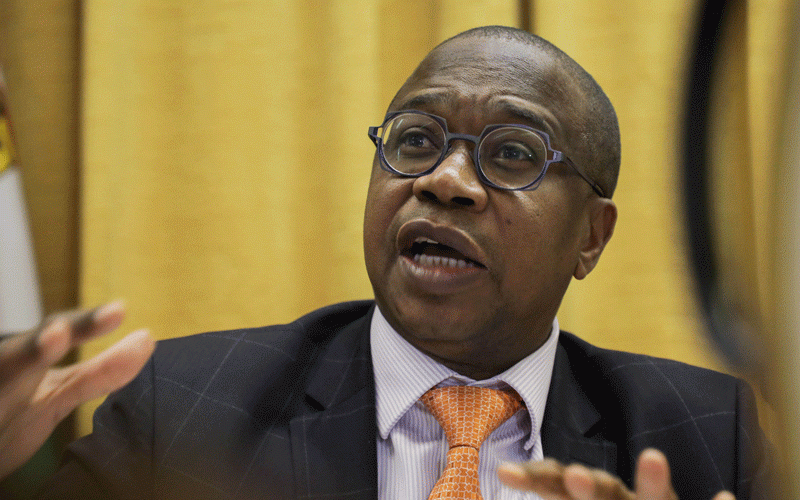
Zimbabwe was this week rated as Africa’s most expensive country following a comprehensive African Development Bank (AfDB) study.
AfDB examined African countries’ power purchasing parities (PPPs) in relation to their exchange rates.
Zimbabwe has been in a hyperinflationary environment until very recently, when changes to its currency in April saw it move into deflation.
The Zimbabwe dollar (ZWL) was reintroduced as the main medium of exchange in 2019, following a decade of dollarisation. But it quickly unravelled, falling from an exchange rate of ZWL6,32 to the greenback at launch to ZWL33 903 as of April 5 this year when it was replaced by Zimbabwe Gold (ZiG).
Owing to the depreciation, which was caused by high money supply, the country's PPP shrunk.
“Zimbabwe had the highest price levels on the continent followed by Cabo Verde, Djibouti, Seychelles, and South Africa,” AfDB said in its new PPP findings for Africa.
“Price levels are lowest in Sudan, Egypt, Angola, and Ethiopia. The price level index (PLI) is the ratio of a country’s PPP to the exchange rate of its currency to the US dollar. PLIs provide a comparison of the countries’ overall price levels with respect to Africa’s average,” AfDB said,
“A PLI greater than one means that prices are higher than the region’s average, and a PLI less than one means that prices are relatively lower than the region’s average,” the report added.
- New perspectives: Building capacity of agricultural players in Zim
- New perspectives: Building capacity of agricultural players in Zim
- Xenophobic attacks against Zimbabweans barbaric
- AfDB president Adesina coming to Zimbabwe
Keep Reading
Official statistics, as of last month, showed that a person needs ZiG624,44 to survive per month, which translates to US$46,39, which has grossly been dismissed by the market.
The International Monetary Fund and World Bank have raised concerns in how the Zimbabwe National Statistics Agency collects its data, with both asking for the underlying data.
Speaking to investors on currency reforms at the Zimbabwe Investment and Capital Markets Conference on Tuesday, in the United Kingdom, Finance, Economic Development, and Investment Promotion Minister Mthuli Ncube committed to reign in the exchange rate. “Maintaining macroeconomic stability is clearly an important part of the growth and investment equation,” he said.
“The continued political commitment to prudent monetary and fiscal policy has enabled government to implement difficult but necessary reforms to improve the business environment as well as address price and exchange rate instability.”
He said that they had extended the multi-currency system until 2030 to allow for a comprehensive and consultative de-dollarisation process.
“In line with this policy thrust, government, in April this year introduced a new structured currency, ZiG, which is anchored by a composite basket of foreign currency and precious metals (mainly gold) held as reserves for this purpose by the central bank,” Ncube added.
“Since the introduction of ZiG, we have witnessed significant stability with month-on-month inflation registering -2,4% in May 2024, and exchange rate stability both on the official and parallel market,” Ncube added.
He said the thrust was to have a private sector led economy with the government playing a facilitatory role of ensuring a stable macroeconomic environment, investing in appropriate physical and technological infrastructure, educated healthy individuals.
He added that they also wanted to have access to international markets.
“Private sector investment activities, particularly foreign direct investment will complement the country’s national development efforts by enhancing technological transfer, deepening productive linkages and value chains as well as boosting overall competitiveness,” Ncube said.

